France’s left-wing alliance unexpectedly defeated the far-right in a dramatic election, mirroring Farage’s Reform UK’s similarly dismal results in the recent general election. Here’s the full story.
Collective Sigh of Relief
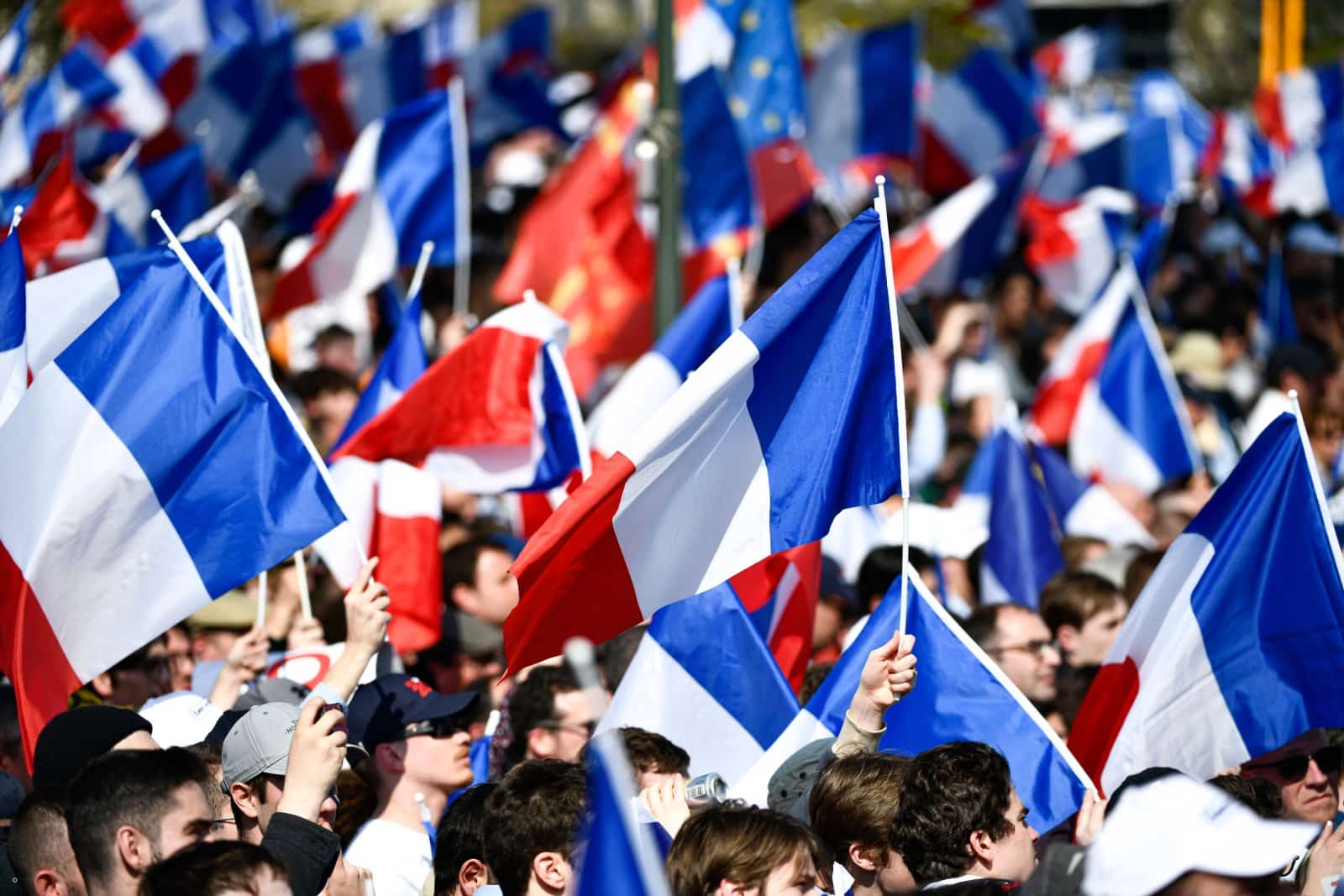
Millions across France and Europe breathed a sigh of relief as, in a stunning turn of events, the French left-wing alliance emerged victorious in the latest parliamentary elections, dealing a significant blow to Marine Le Pen’s far-right National Rally (RN).
Unexpected Defeat for RN

The victory was unexpected as Le Pen’s party had led the first round of voting and was poised to secure a historic majority. However, tactical voting and strategic withdrawals by centrist and leftist candidates were crucial in thwarting the far-right’s ambitions.
Strategic Manoeuvring Key
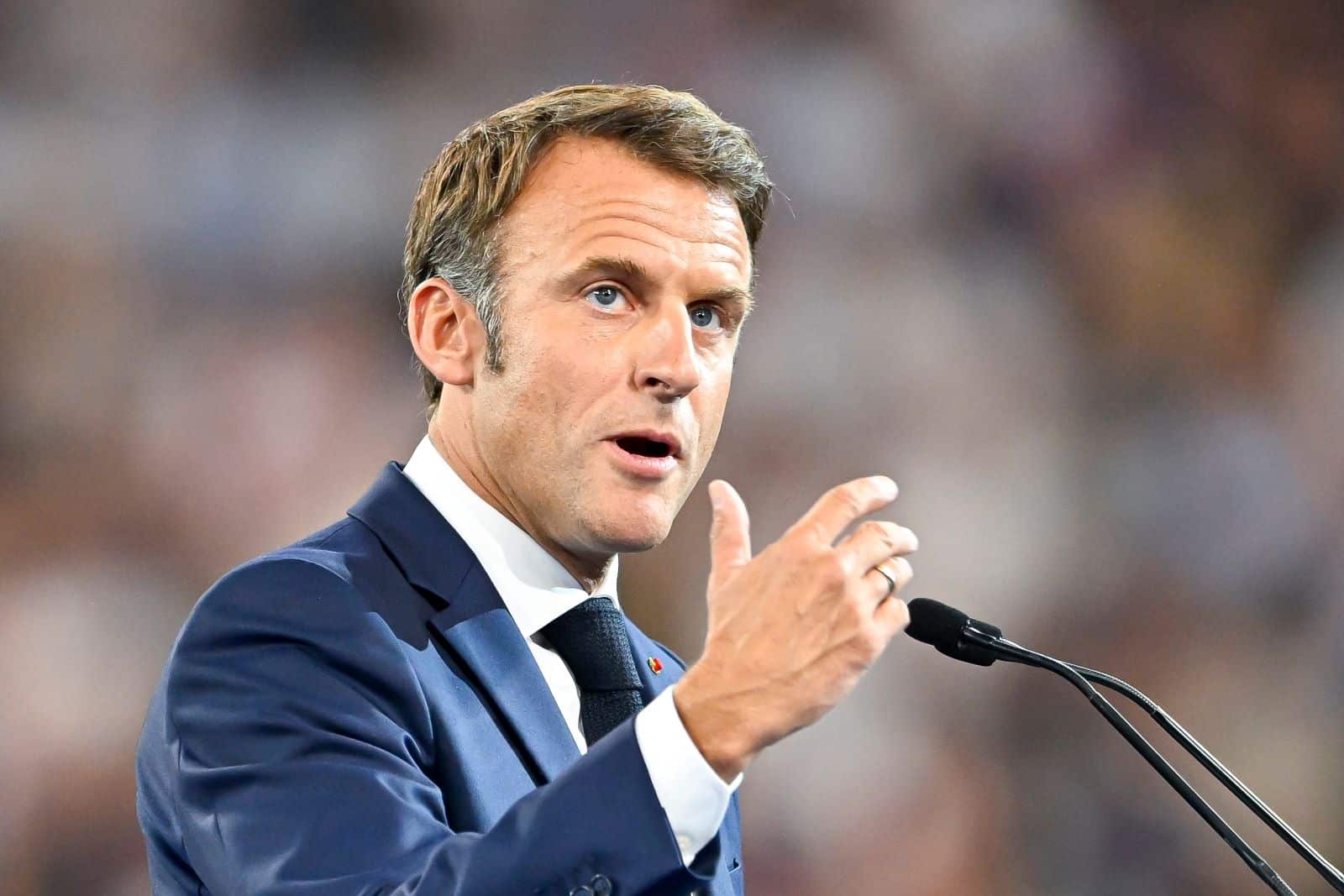
The election’s outcome was primarily influenced by the concerted efforts of President Emmanuel Macron’s centrist bloc and the left-wing alliance. In a bid to prevent the far right from gaining power, over 200 candidates from the centre and left withdrew from three-way races. This strategic manoeuvring ensured that the anti-RN vote was not split, ultimately leading to the far right’s defeat.
“A Wonderful Leap”

Jean-Luc Mélenchon, the far-left leader, praised the result, stating, “[We] wrested a result that everyone said was impossible in a wonderful leap of civic spirit … The people have avoided the worst.”
Far-Right Momentum
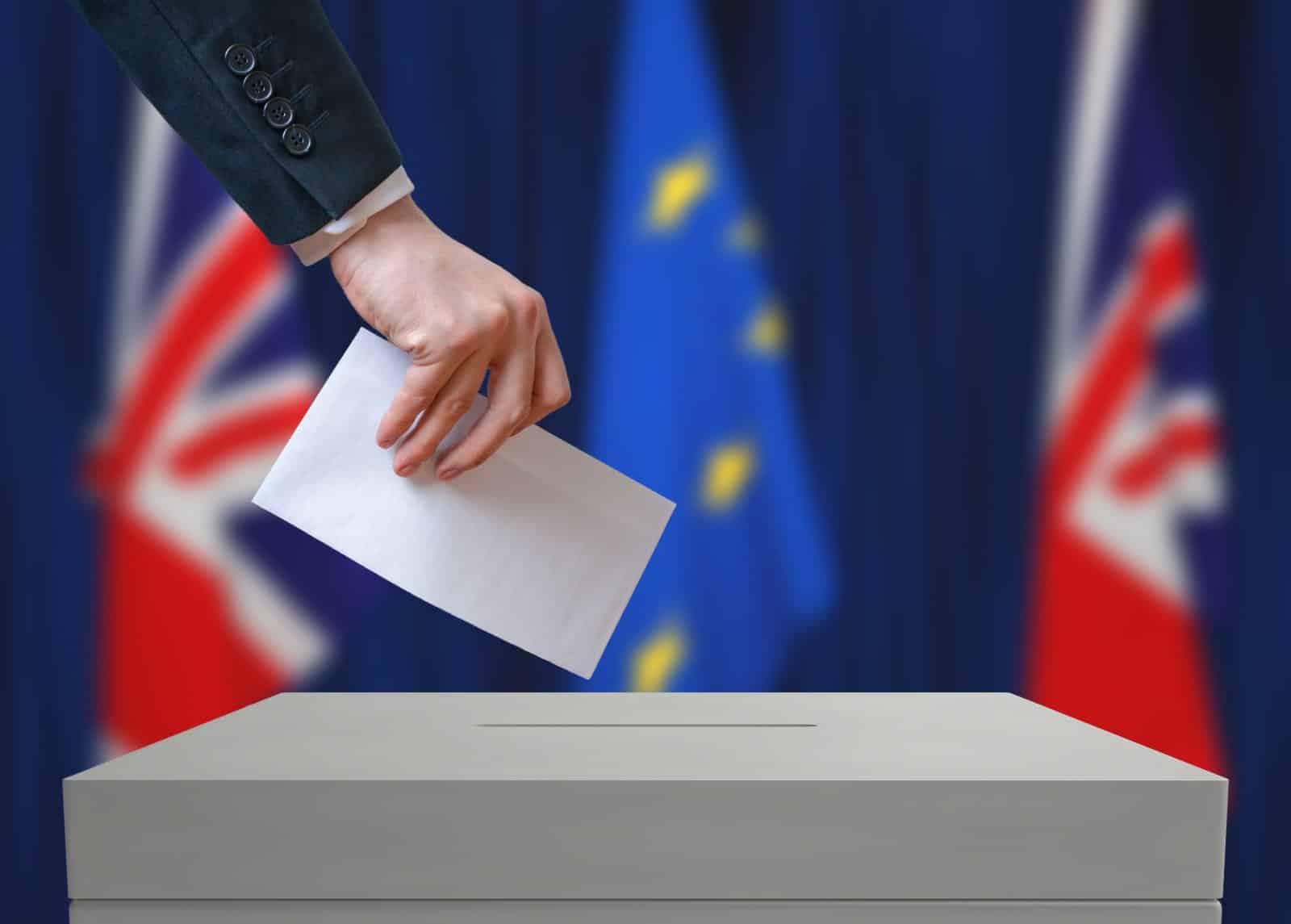
The far-right has been on the march in France recently, winning seats in the recent European elections, and much ink has been wasted on breathless reports of their imminent rise to power.
Reform UK Similarities
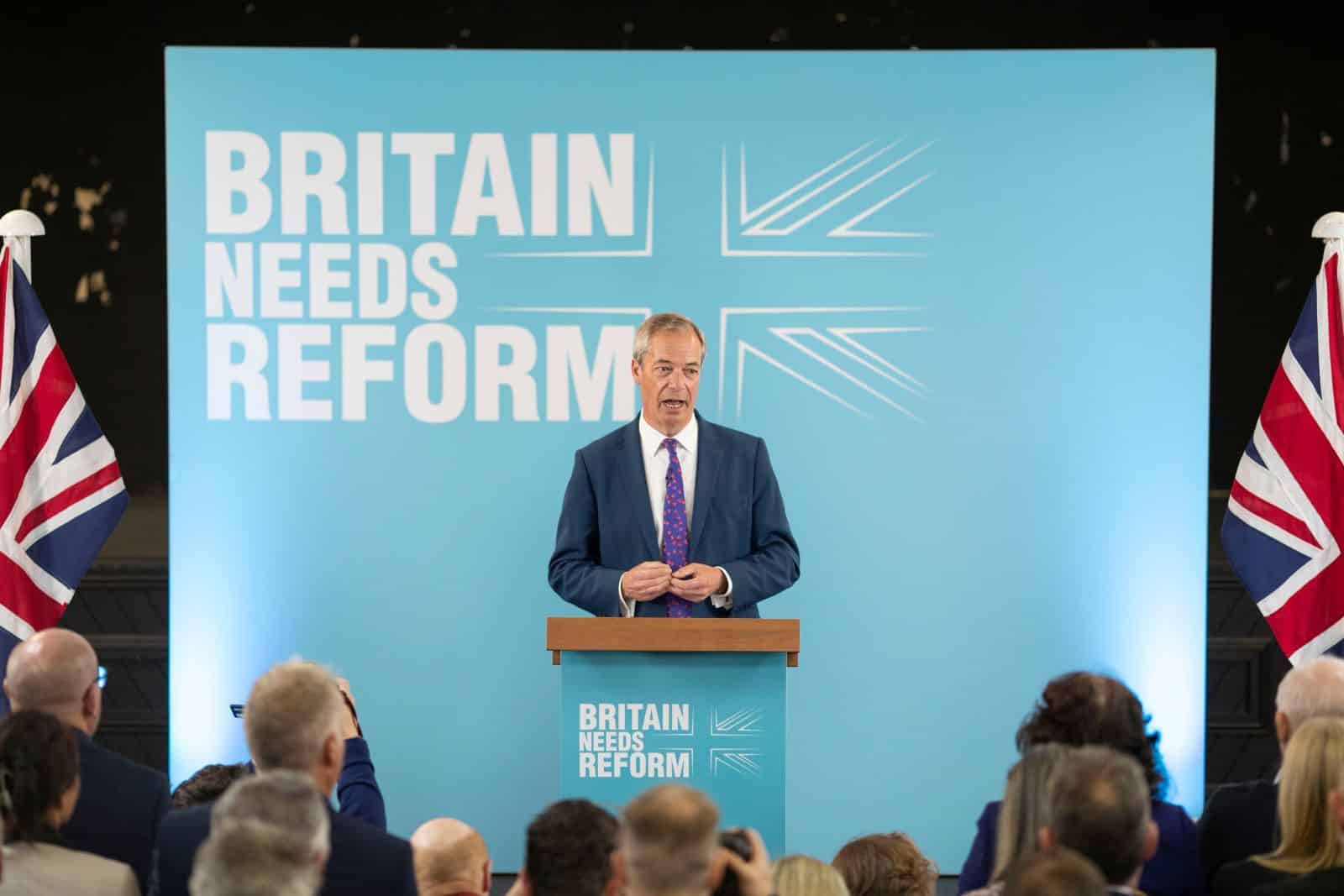
The similarity between Reform UK and National Rally has not gone unnoticed, with both parties led by charismatic leaders who tap into a widely felt sense of political alienation yet suffering from candidates that have expressed homophobic, racist, misogynistic, and other abhorrent views.
Macron’s Snap Election

Similar to former Prime Minister Rishi Sunak, President Macron had called for a snap election, though this was more in response to a disheartening performance in the European Parliament elections than in the hope that the country’s economic fortunes had turned a corner.
Political Uncertainty
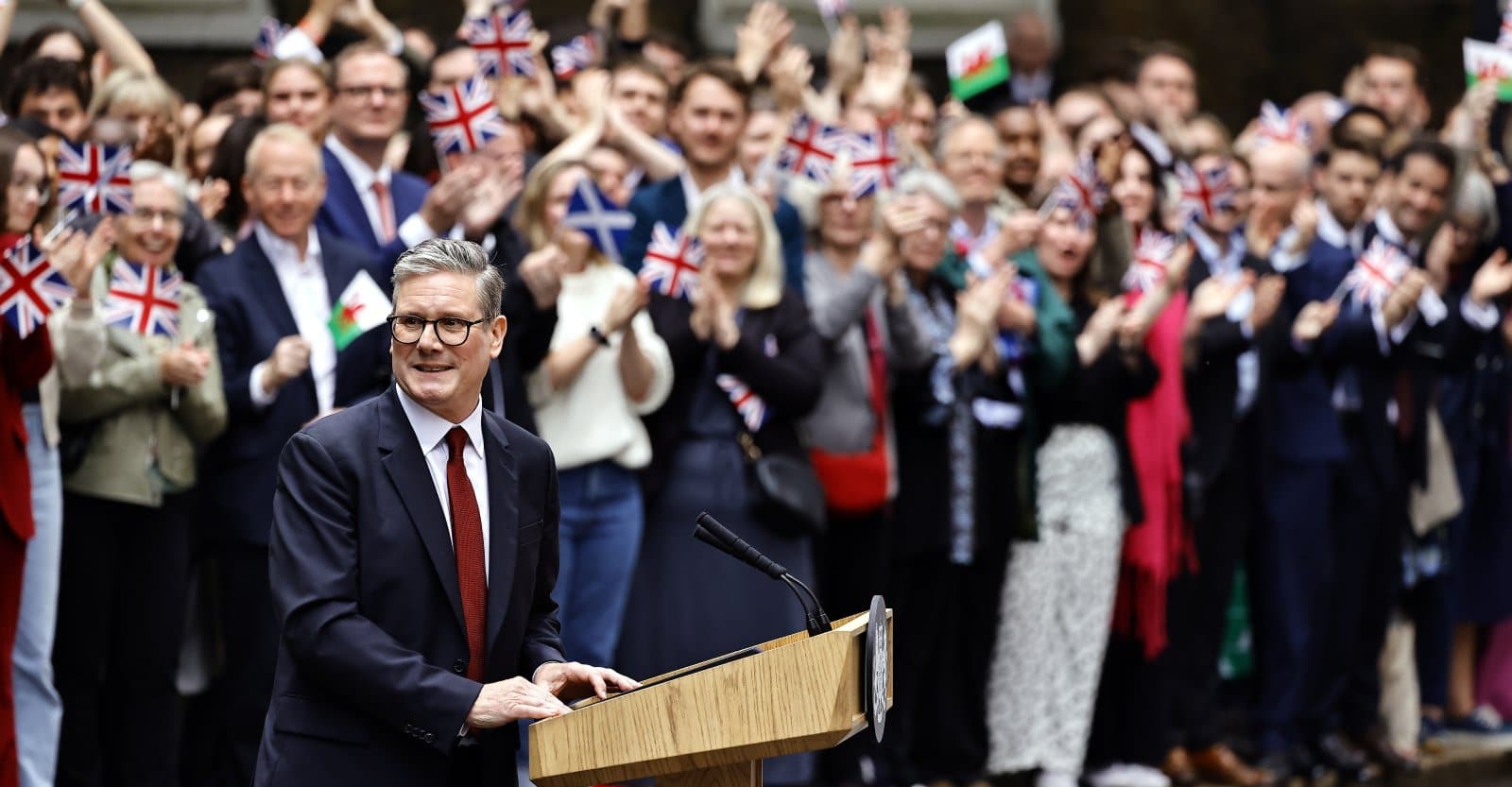
However, unlike the Labour Party’s landslide win in the UK, the French election has plunged France into political uncertainty, with no single party achieving a majority in the National Assembly. The left-wing alliance secured 188 seats, Macron’s liberals garnered 161 seats, and the National Rally ended with 142 seats.
Bardella’s Criticism

National had anticipated a resounding victory, with Le Pen suggesting that her protégé, Jordan Bardella, could become the next prime minister. Instead, the far-right finished third, behind the left-wing alliance and Macron’s centrists. Bardella criticised the “unnatural alliance” formed to counter their seemingly unstoppable rise to power, arguing that the tacit agreement between them was only implemented “to stop by all means National Rally’s most important surge of its history.”
Controversial Candidates
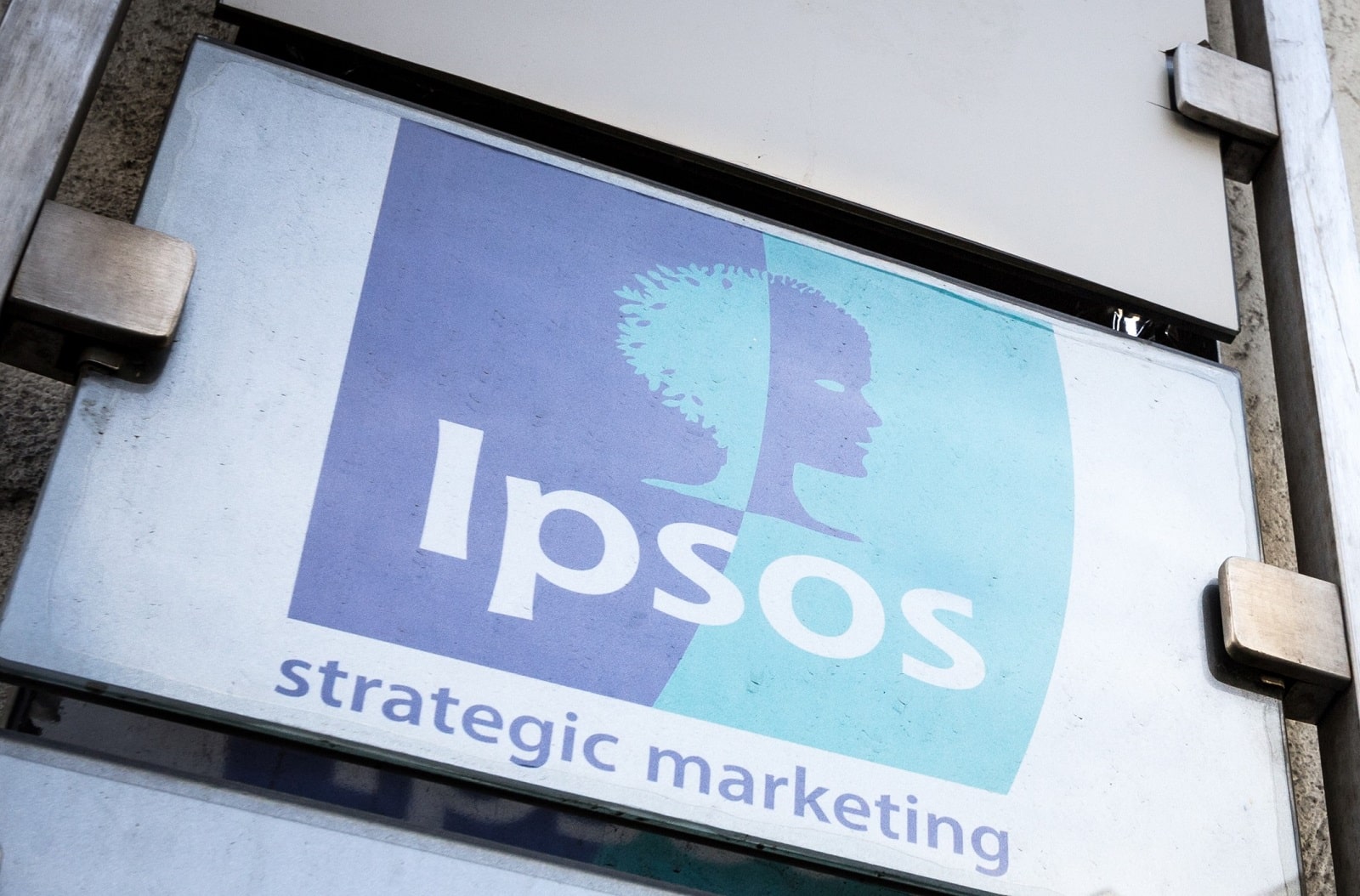
Similar to Reform UK, several RN candidates’ controversial past statements, including xenophobic and homophobic remarks, surfaced during the campaign, with IPSOS pollster Brice Teinturier telling France 2 Television, “What happened is also that RN candidates themselves showed in this campaign that they either were not ready or had in their ranks candidates that are antisemitic, xenophobic or homophobic.”
Far-Right Resilience

Despite the setback, Le Pen and Bardella remain resolute, with Le Pen stating, “The tide is rising, but it didn’t rise quite high enough this time… Our victory has merely been delayed.”
Macron’s Next Steps
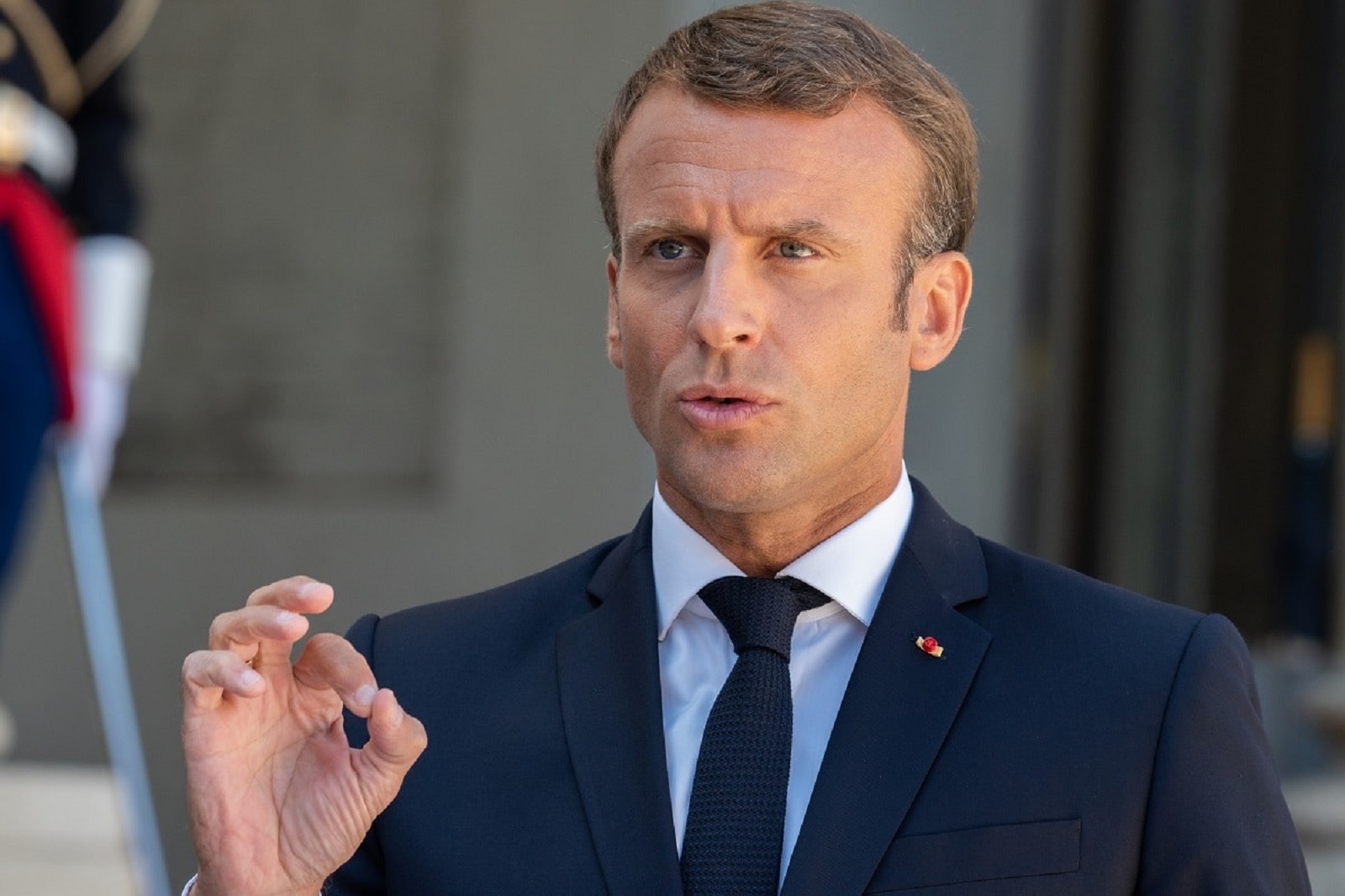
With the National Assembly in flux, attention has shifted to President Macron’s next steps. Conventionally, he would invite a politician from the largest grouping to become the prime minister. Mélenchon has urged Macron to appoint a prime minister from his New Popular Front, asserting they are prepared to govern.
Implications for France

The election results have significant implications for France, with the left-wing alliance’s unexpected victory demonstrating the electorate’s deep-seated resistance to the far-right’s agenda.
Persistent Far-Right Presence

Despite not winning a majority, the National Rally’s substantial increase in seats indicates a persistent far-right presence in French politics. The party is likely aiming to build on this momentum for the 2027 presidential election.
Future Uncertainty

The coming months will be crucial as France navigates an uncertain future. However, some good news has come from the messy electoral outcome. The strategic alliances and tactical voting that defined this election are likely to be used as a template in other countries as a proven tactic to keep the far right from power.
Battle Far From Over

Meanwhile, the far right’s determination to regroup and strengthen its position suggests that the battle for France’s political soul is far from over. However, much like how Reform UK generated more heat than light in the UK, the recent French election has shown that there are breaks that can slow, or even stop, the relentless rise of the far right.
Fragile Coalition

Whether the fragile coalition of centrists and left-wing parties can hold together to prevent Marine Le Pen’s far-right National Rally, a party with a fascist past and deeply unpalatable views, from ever taking power remains to be seen.
Featured Image Credit: Shutterstock / EricBery.

